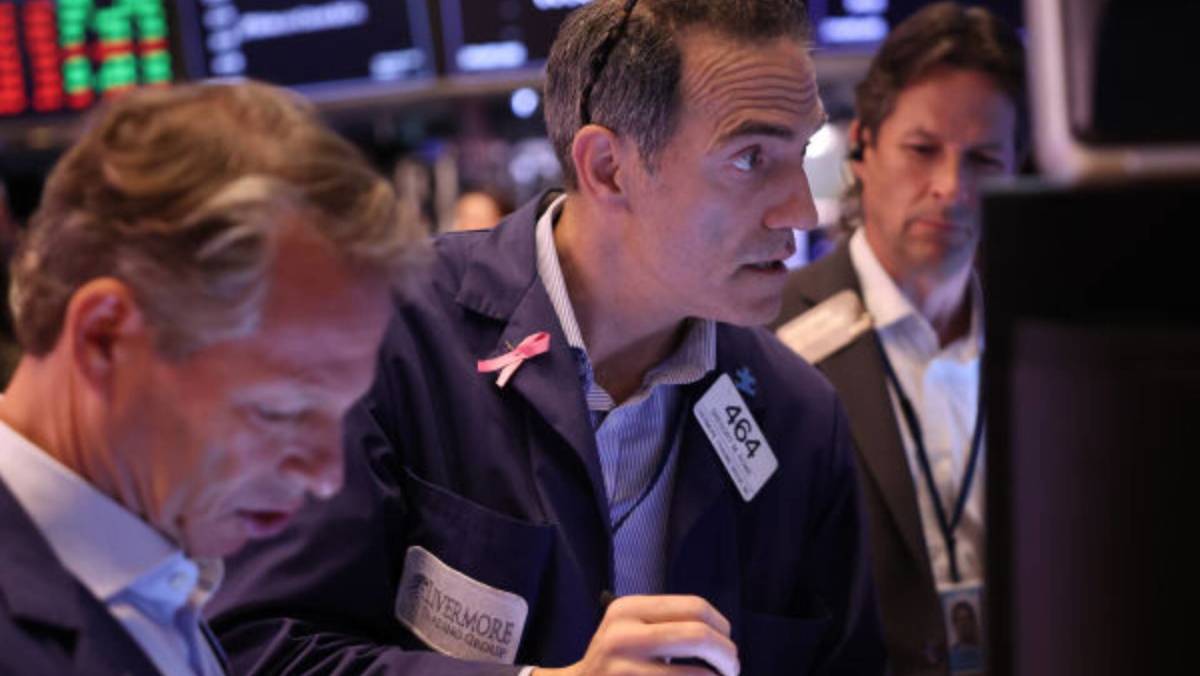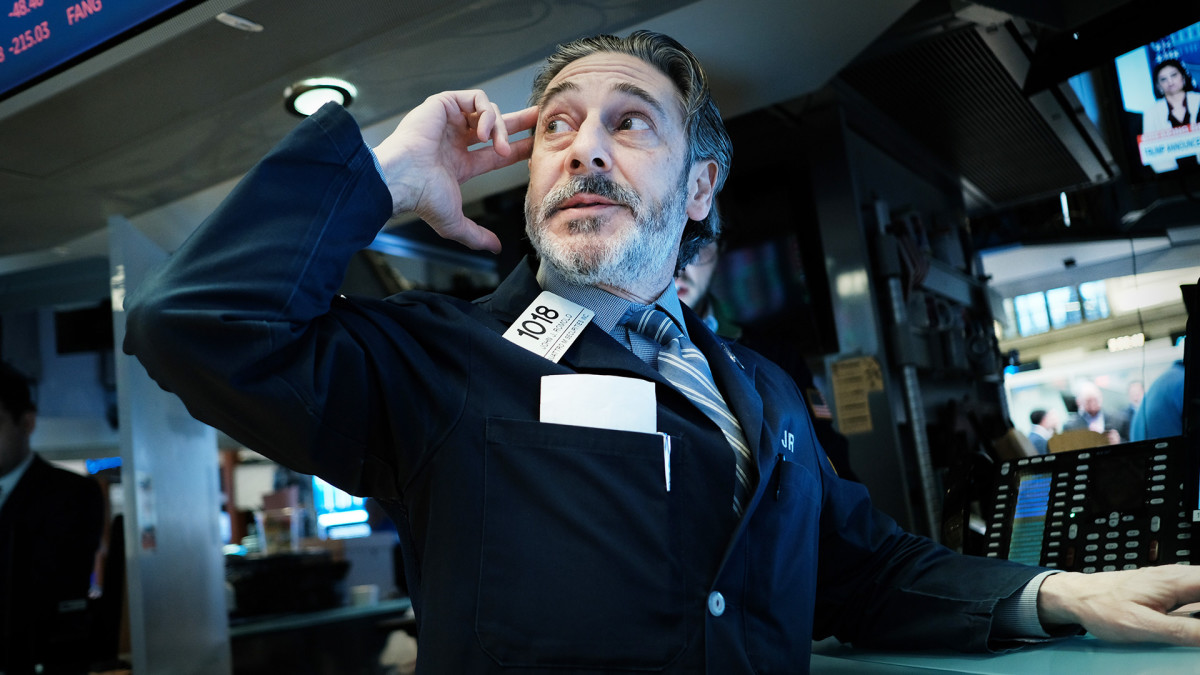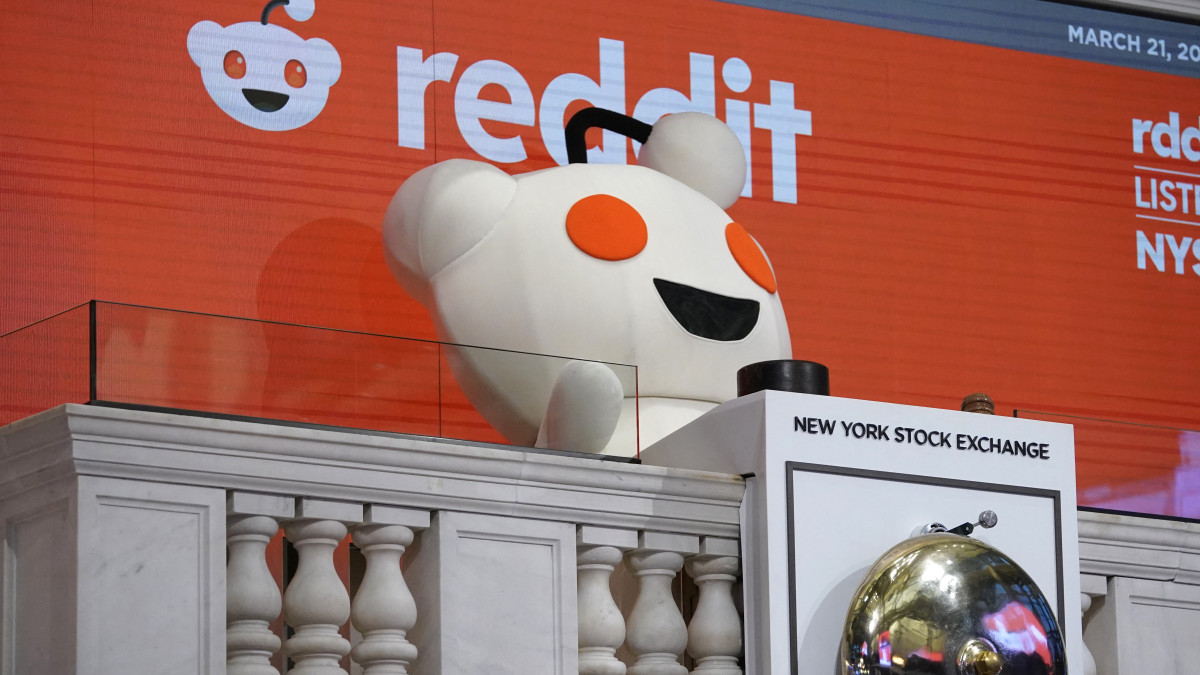Billionaire fund manager describes one-word phenomena holding back your portfolio
The long-time veteran fund manager explains one of the biggest mistakes investors make, and how to avoid it.

Stock market gains depart many on the sidelines who missed the switch
Since President Trump paused most reciprocal tariffs on April 9, the stock market's gains were behold-popping.
Following a nausea-fascinating 19% drop from mid-February by blueprint of early April, the S&P 500 has marched over 25% greater, atmosphere new records in July. The gains likely salvage surprised many merchants who had been cheerful that the economic system used to be on the precipice of catastrophe, going by blueprint of tariff-pushed inflation and inevitable job losses.
Associated: Analyst resets S&P 500 forecast for rest of 2025
The location, nonetheless, has proven far better than feared. As much as now, tariffs' affect on inflation has been muted, and the unemployment charge has stayed mostly flat. The ability for the next-than-hoped-for economic system has left many on the sidelines, cheerful that shares will roll abet to new lows.
In step with billionaire fund manager Ken Fisher, the thinking that led merchants to sell shares in all places in the downturn may most certainly be deeply unsuitable.
Fisher, the founding father of Fisher Investments, a money manager with over $332 billion of sources underneath administration, is price a staggering $11.7 billion, enough to imperfect 261st on Bloomberg's Billionaires Index.
Fisher clearly knows a thing or two about being profitable within the market. This week, he explained, in a single be aware, one in every of the biggest errors merchants impress in intervals fancy this, whereas additionally offering a easy resolution. Spencer Platt/Getty
Fisher Investments Ken Fisher sums up big investor subject with blunt description
Fisher has been investing professionally since founding Fisher Investments in 1979, so he knows a thing or two on yarn of he's seen a thing or two.
His long occupation contains navigating the inflation-fueled early Eighties, Sunless Monday in 1987, the Financial savings & Loan Crisis, the Cyber web enhance (and bust!), the Great Recession, Covid, and 2022's undergo market.
Associated: Morgan Stanley resets S&P 500 purpose for 2026
Thru all these intervals, he's essential one big mistake many merchants impress that slows their direction to financial freedom, something he described lately with one be aware on "X" as "Breakevenitis."
Or no longer it's understandable to get apprehensive about portfolio values all over market pullbacks, corrections, and undergo markets. Retirement is dear, and surging US debt creates an valid probability that Social Safety may no longer be in a position to preserve crawl with inflation in retirement, making the price of our investments in our retirement and non-public accounts blueprint more crucial.
Nonetheless, market drawdowns are total. Pullbacks of about 5% happen on moderate once per year, whereas 10% corrections happen every few years, per Capital Crew. Even 20% of undergo markets are slightly frequent must you preserve in thoughts a 40-year occupation, happening about every six years.
As a result, how merchants react all over these many sell-offs can drastically affect portfolio balances to your sixties, when retirement is knocking on the door.
Fisher explains why 'breakevenitis' is so harmful to merchants
Market sell-offs tend to be pushed by alarm that is either fallacious or overdone, per Fisher.
In either case, merchants tend to sell in all places in the downturn or shut to the low to limit losses since the be troubled of loss drastically exceeds the good emotions that stretch with gains, something economic behaviorists fancy Daniel Kahneman and Richard Thaler salvage regarded as extensively.
Kahneman helped create prospect thought, which popularized the theory that of loss aversion. This thought states that folks desire small assured outcomes over greater unstable outcomes. Thaler's work maintains that the probability of loss is twice as powerful as the pleasure of gains.
Associated: The stock market is being led by a brand new neighborhood of winners
Given that backdrop, or no longer it's no longer laborious to admire why merchants' emotionally pushed choice-making generally results in illogical selections, and breakevenitis is a high example.
Fisher describes it as the need by merchants who held by blueprint of the downturn to sell their shares when they return to flat, or breakeven. Fisher aspects out that rallies off downturns that return shares to prior highs rarely ever roll all over all over again and abet to new lows.
As an different, they proceed greater, leaving sellers hoping to be proven dazzling disillusioned and portfolio values impaired.
"Other folks that get out looking out for out an all-particular signal later invariably depart out the broad gains," wrote Fisher.
preserve far flung from breakevenitis and construct a bigger portfolio
Feelings salvage an outsized affect on our selections, and for the reason that stock market has historically traded greater over time, selections that result in selling can generally injury portfolios the most.
Fisher thinks a easy resolution can enable your portfolio to preserve far flung from falling victim to breakevenitis.
"Breakevenitis is a disease that affects folks, and there could be a easy cure for it. Every time you get a correction and also you might most certainly most certainly be tempted to get out... observe at the historical previous of the returns after correction and after undergo markets. Without reference to which you are going to be in... the returns are bigger than any probability you are going to most certainly salvage."
As an illustration, per Sam Stovall of CFRA Compare, the S&P 500 historically gains 38% within the principle year of a brand new bull market and 12% in year two.
Fisher recommends that must you if truth be told feel emotionally pushed to sell, preserve in thoughts the money you are going to depart on the table when shares receive their footing.
Whereas selling can defend you within the immediate term from losses, getting abet in requires you to be dazzling twice. You'd like to get out earlier than the downturn and abet in on the upswing. Or no longer it's no longer easy to construct that, especially when emotions are running amok.
What does this imply for merchants?
Stocks customarily shuffle greater and lower than you judge that you simply might most certainly be imagine. Because folks construct no longer all act straight away to buy or sell, when shares are rising after a keen sell-off, money trapped on the sidelines looking ahead to any other dip generally trickles abet into shares, helping to abet shares on pullbacks.
Of direction, the rest can happen, but Fisher's level is that these invested within the stock market who cease the direction construct better than folks that react emotionally, succumbing to issues fancy 'breakevenitis.'
When you might most certainly most certainly be investing specifically particular person shares, all bets are off. Stocks can, and usually salvage, long previous to zero. Nonetheless, disclose you might most certainly most certainly be investing in a various fund or index. In that case, the possibilities are that a stock market restoration following a sell-off can create a probability for greater enhance, suggesting that merchants who preserve pat, or dollar-mark moderate into the sell-off, outperform.
Associated: Legendary fund manager has blunt message on 'Big Colorful Invoice'
What's Your Reaction?





















































